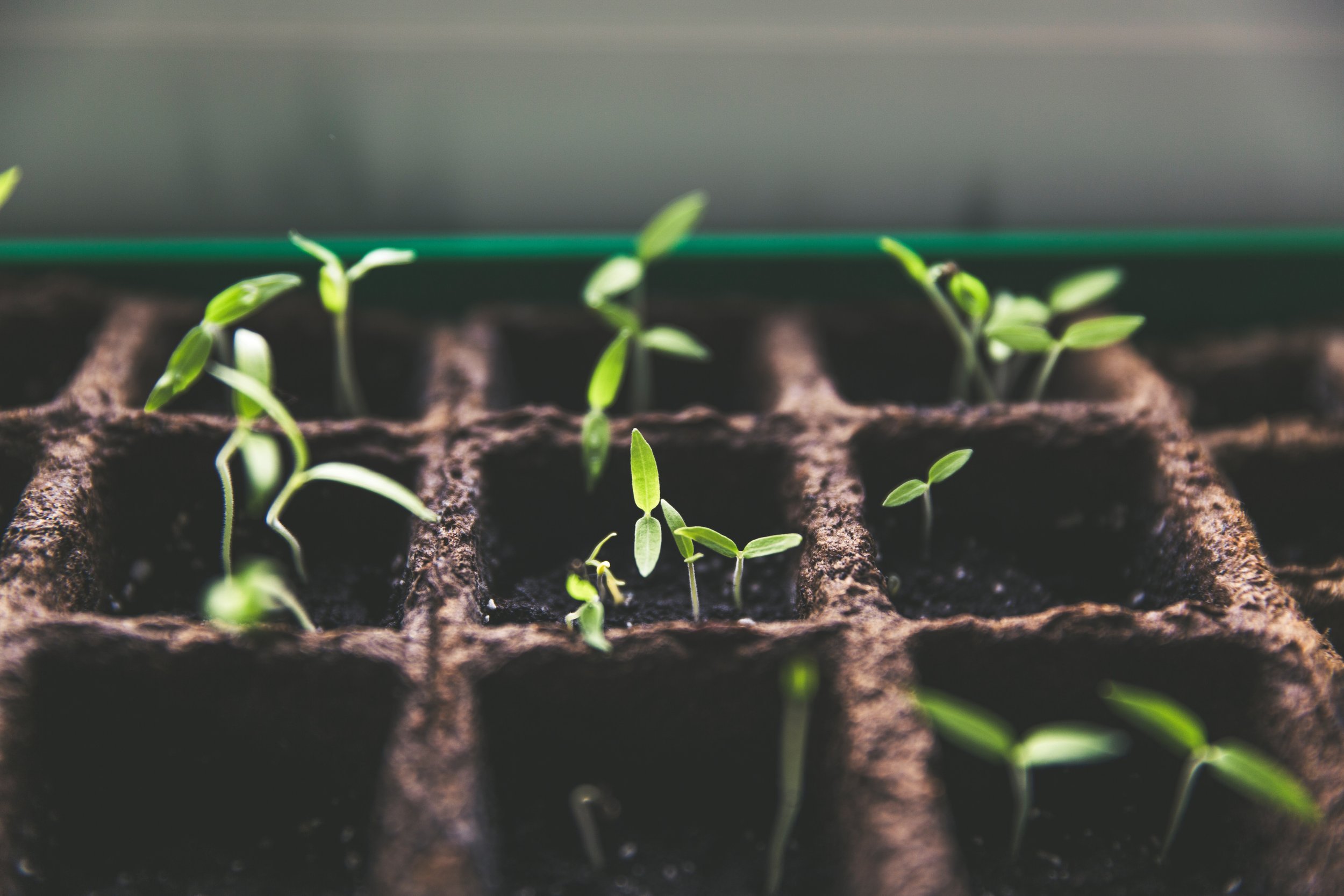Inheritance Remembered
By Leena J.
F
uzzy are the words and contexts
The sights
The sounds
The smells
But crystal are the feelings
Of community
I once knew so well.
I raised myself up
Resentful and bitter
Ashamed of the older, traditional things
That often brought us together.
Cowardly in belittling them
Eschewing them in disdain
Now my daughter asks for stories
And I fumble to explain:
You come from a rich history
One worth keeping close
Resplendent with joy, perseverance, tears,
And ultimately, hope.
Enjoy your cultural tapestry
Embrace your ancestral terrain.
Remember they once had nothing
Remember from whence you came.
I don’t know how to teach you
How to be fully present
Fully you
Because in truth
I’m still working out
My own intrinsic worth.
But this I pray, this I hope
With a near daily desperation,
That you won’t internalize rejection
Or idealize assimilation
As the ultimate reward.
Hold no one hostage
To their failures
Or your expectations.
Bitterness has no place
In souls remade
By gracious redemption.
Enjoy your cultural legacy
Embrace your identity and faith.
Remember in Christ you have everything
Remember in Whom you remain.
Many years ago, I awoke in the middle of the night to a strange high-pitched groaning. I tried to go back to sleep, but the pitch grew louder, and I realized it was coming from inside the house. As I walked slowly towards my bedroom door, I made out what sounded like whispers. Once I quietly stepped into the hall, I realized the whispers were coming from my mother. And the groaning cries, from my father.
Peeking around the wall, I saw my mother kneeling, indeed whispering, eyes closed, arms around the quaking, rocking torso of my father, who was seated on the floor. He sat facing our small round black lacquer table with ivory inlays, on which sat a solitary candle, illuminating the black and white portrait—the only image we had—of my grandmother, his mom.
Neither of them noticed me at first. I was frozen, stunned into silent awe. I had never seen my father cry before. And his crying was nothing like I had ever heard before. At once guttural and high, punctuated by whimpers and plaintive murmurs: Umma! Umma! Umma!
My mother had her own tears streaming down her face, but she was praying through them, softly repeating Scripture verses and telling my father it was all right. When she opened her eyes to see me there, she startled, but gracefully left my dad’s side to where I was, and wiped my face with her hands. I had not realized I was crying too.
“It’s all right. Appa’s just remembering his mother. He’ll be okay. Go to bed. I’ll stay with him.”
The next morning, no one spoke of the event, and it’s never been mentioned in my family since. But the scene is seared into my memory.
I want to remember that night, and the story behind it, and I don’t want it to die with me. There are others who need to hear that story as well, others who need to be able to contemplate the hardships that carved the character of people who, like my father, lost a childhood yet ensured a better one for their own children.
When they first married, my mom and dad moved into a small house in the Korean countryside, where his grandmother, who raised him, still lived. He had lost his father in the Korean War at age four, and his mother six years later. Suddenly, at age ten, he found himself as the man of the house. By then, he also had a half-American baby sister who needed caretaking, and he promised himself he would do the best he could. As she grew, he tried to protect her from the local rock-throwing kids who taunted her mixed-blood roots, often ending up being a target himself. But at least they had each other—together, they were a united front against the most lean, lonely, and demoralizing of years. As he grew to adolescence, he worked on developing his self-discipline. To most people, his saving grace were his good looks and work ethic, which were enough to gain him some free meals and groceries from his school friends and from the girls who were smitten with him. He would share all of it back home with his grandmother and sister, skipping a meal if there wasn’t enough for himself too.
I recognize that young man. He’s the one who worked through exhaustion, often seven days a week, doing various manual labor jobs when he arrived in the States. He’s the one who taught himself landscape design until he was ready to start his own business. He’s also the one who liked to surprise my mother, sister, and me with a random pair of new shoes or a scarf when he could afford to. He’s the one who comforted me with his special egg fried rice with extra soy sauce whenever I felt like a failure, and the one who shed tears again, years later, when he accepted Christ.
Our family has come a long way since then. Though my father never speaks of his past in Korea, I know some of the memories haunt him still. Shame can be a pernicious shadow on one’s personhood. Yet the poverty and momentous losses of his early years shaped him to become a deeply intentional father, for which I am profoundly grateful.
My family history is not unusual, and despite the inherent trauma, I believe it is worthy of being remembered and passed on. I believe all of our histories are worthy, in spite of the pain of retelling it. It is part of how we heal ourselves and heal one another, and ultimately, how we participate in God’s restorative work.
“I will remember the deeds of the Lord; yes, I will remember your miracles of long ago.”
- Psalm 77:11 NIV
We are not where we once were. In remembering our stories, our understanding and empathy for those who went before us can be deepened, our hope can be renewed, and our internal landscapes can be expanded to hold forgiveness and dignity. Most importantly, remembering our stories can lead us to remember Him with gratitude for how far we have come.
I will soon tell these stories to my own daughter, now that she is older. The purpose is not to tether her emotions to the past, but to give her a deeper context of how she came to be here. It is to illustrate her small but meaningful part in God’s overarching redemptive story, the story which began thousands of years ago for humanity, but just a couple of generations ago for us, and is thankfully still being played out.
Photo by Ketut Subiyanto
Leena J. (pseudonym) is a Korean-American writer and poet in Southern California. She has published a micro-essay in the anthology Nonwhite and Woman, as well as two devotionals as part of a Christian Devotional Collaboration. Previous to publishing, she has worked as an adjunct professor, consultant, and designer. She currently serves as an assistant editor for a small faith-based academic journal and is working on her first book. She sometimes posts on her personal site reveleena.com, and can be reached at leena@reveleena.com.
More in this series:
Help us continue the work of empowering voices. Give today.





